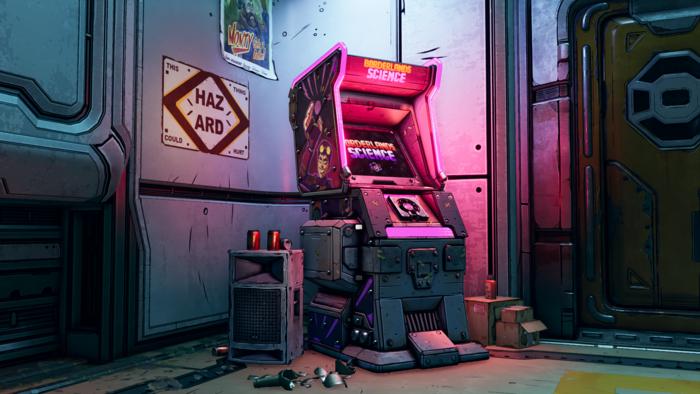In a groundbreaking study, 4.5 million gamers from around the world have helped scientists better understand the bacteria living in the human gut. By playing a mini-game called Borderlands Science, which is part of the popular video game Borderlands 3, these gamers have contributed to a significant advancement in our knowledge of the microbiome, the collection of microbes that live in and on our bodies.
The gamers helped reconstruct the evolutionary histories of over a million different types of gut bacteria, some of which play a crucial role in human health. This was achieved by aligning tiles representing the genetic building blocks of different microbes, a task that even the best computer algorithms have struggled with.
Collaborating to Solve Complex Problems
The project was a collaboration between researchers at McGill University, Gearbox Entertainment Company, Massively Multiplayer Online Science (MMOS), and the Microsetta Initiative at the University of California San Diego.
“We didn’t know whether the players of a popular game like Borderlands 3 would be interested or whether the results would be good enough to improve on what was already known about microbial evolution. But we’ve been amazed by the results,” says Jérôme Waldispühl, an associate professor at McGill and senior author of the study.
The gamers not only improved upon the results of existing DNA analysis programs but also helped lay the groundwork for better AI programs in the future. “In half a day, the Borderlands Science players collected five times more data about microbial DNA sequences than our earlier game, Phylo, had collected over a 10-year period,” Waldispühl adds.
Understanding the Link Between Microbes and Health
The trillions of microbes that live in our bodies are essential for maintaining human health, but they can change over time due to factors like diet, medications, and lifestyle. Scientists are still in the early stages of identifying which microbes are affected by or can affect various conditions.
“We expect to be able to use this information to relate specific kinds of microbes to what we eat, to how we age, and to the many diseases ranging from inflammatory bowel disease to Alzheimer’s that we now know microbes to be involved in,” says Rob Knight, director of the Center for Microbiome Innovation at UC San Diego.
The study’s results demonstrate the power of engaging the public in scientific research and building communities that work together to advance knowledge. “Here we have 4.5 million people who contributed to science. In a sense, this result is theirs too and they should feel proud about it,” Waldispühl says.
“Improving microbial phylogeny with citizen science within a mass-market video game” by Roman Sarrazin-Gendron et al was published in Nature Biotechnology
DOI: 10.1038/s41587-024-02175-6


